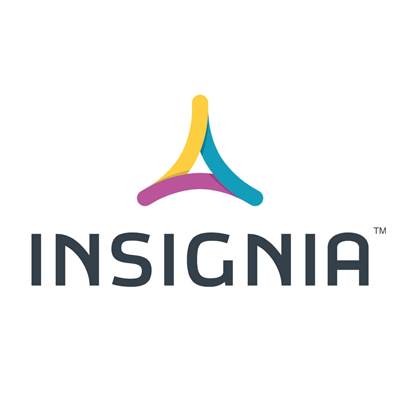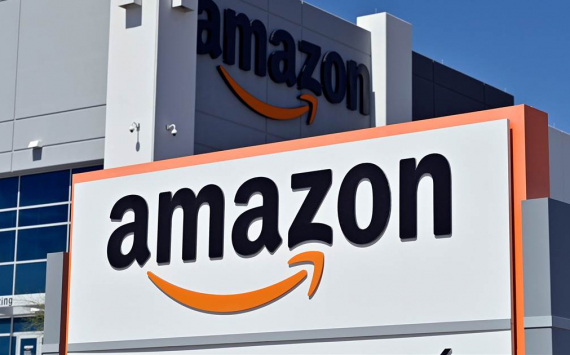Description
Insignia Systems, Inc. is a publicly traded U.S. Corporation that manufactures point of sale in-store signage and promotional advertising media for consumer packaged goods companies and retailers. Insignia is one of three companies in the United States (the other two are Valassis Communications and News America Marketing) that control almost all the in-store ads and grocery coupons in the United States.
The company is broken into two parts, the first of which maintains a relationship with retailers for placing signage in stores. The second part markets and provides signage to Fast-moving consumer goods, better known as consumer packaged goods companies (or simply CPG companies), which are then placed into the partnering retail locations.
History
Insignia Systems, Inc. was founded on January 2, 1990 by G.L. Hoffman and David Eiss. The company began operations by selling Impulse sign machines that printed in-Store signs and labels. In 1991, Insignia Systems became a publicly traded company, trading on the NASDAQ as ISIG, moving to the National Market in 2002. In 1993 Stylus software was introduced as precursor to the future Insignia POPS line and the original Impulse machine was replaced with the SignRight machine in 1996. Soon after, in 1998, the Insignia POPS innovative sign program became the company's featured product.
1998 was a critical year for Insignia as sales were down and new business was a necessity. In May of that same year the Insignia POPS sign was introduced and, on February 24, 1998, Scott Drill was named CEO of the company. With Drill providing additional direction and the POPS business established, the company and the POPS program grew quickly, reaching 1 million signs in 2001 and 40 million signs in 2011. Through 2006 and 2007, Insignia confirmed a 10-year partnership with Valassis Communications, filling the in-store void for Valassis.
In 2011, the Company reached a settlement of a lawsuit between Insignia Systems and News America Marketing, owned by Rupert Murdoch's News Corporation. The basis of the lawsuit was the accusation of News America Marketing for engaging in various antitrust practices. New America Marketing settled the lawsuit for $125 million, and the two companies entered into a business agreement, making Insignia the sole third party provider of in-store signs with price.
In December 2011, Insignia purchased a state-of-the-art Laser Die Cutter (die cutting), making their POP Signs graphically customizable. This new creative capability, along with the exclusive price on sign, revamped Insignia's business. Due to the success and added customization of their signs, Insignia POPS expanded their product lines to include Shape POPS, Equity POPS, Shape POPS Premier, Brand POPS and Banner POPS. POPS now continues to be a major component in Insignia Systems' profit giving them a great deal of traction in the in-store advertising landscape.
In 2013, Insignia Systems introduced the Insignia PLUS program. Similar to the Insignia POPS Program, Insignia PLUS offers retailers signage for retail-specific programs such as nutritional programs, aisle navigation signage and signage for private label brands.
In 2014, Insignia Systems introduced The Like Machine to their lineup of in-store marketing solutions. The Like Machine allows consumers to express their opinions on a product directly at the shelf by simply pressing a button. This information is then displayed for future customers to use for their purchasing decisions.
























